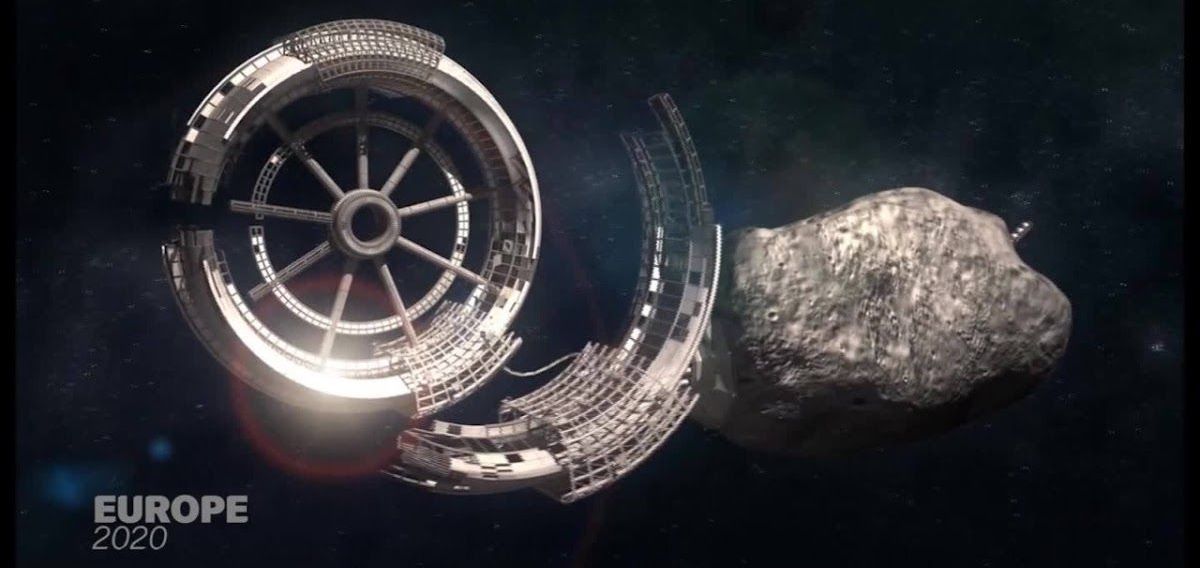Ready for some mind blowing information…
“The past and the future exist together simultaneously in one geometric object.”
All time exists, all the time.
“Everything everywhere in one frozen moment of time and the past influences the future and the future influences the past in an endless feedback loop. Time is affecting all time, all the time. Every moment is co-creating ever other moment both forward and backward in time.”
This is a well done video that offers a theory of everything and a model that explains how our simulated reality is constructed and how it works. In this article, I’ve summarized the amazing ideas in this video with my own comments. Let’s get into some of the things discussed in “We Are Living In A Simulation – New Evidence!” from Real Spirit Dynamics. The Future Creates the Past, then the Past Creates the Future A higher dimensional Quasicrystal creates a 4D Quasicrystal that then projects a 3D Quasicrystal which is the fundamental substructure of all reality. Quasicrystals, angles and light form these dimensional projections. Read More →





